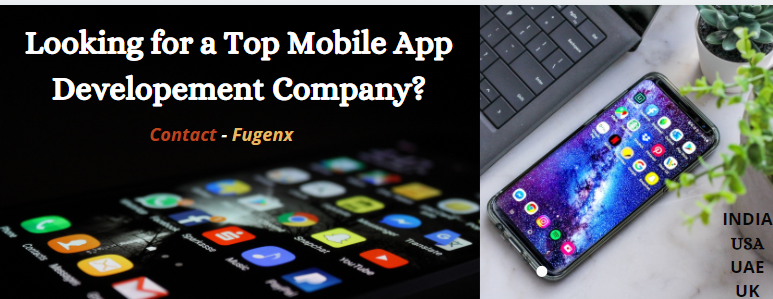
By 2025, the younger generation is going to make up two billion of the world’s population: Generation Alpha, also known as Generation. Generation Alpha Children were born between 2010 and 2025.
This is the first generation to be fully born in the 21st century. These children are by far the most technologically-motivated population.
Generation Alpha naturally uses technology, smartphones, tablets, and computers. They do not know life without the internet or video games. Some of them live in smart homes and talk to the smart voice assistant every morning before going to school.
They know about SpaceX and they want to live on Mars one day. These babies were born with iPhones, iPods, and apps. They do not know or can imagine what life would be like without them.
Augmented Reality Technology in education


Educational institutions that use the latest technology in the classroom and on field trips are going to create a completely different learning experience opportunity for alpha children. And with that, they are going to contribute to better prepare for future leaders.
Thanks to emerging technologies such as Augmented, Virtual and Mixed reality (AR/VR/MR), today’s classroom can incorporate AR and VR content, making learning more efficient, faster and more fun. AR can be incorporated into practically any subject with some creativity from mathematics to biology.
Enhanced reality experiences for the entertainment, marketing, and educational institution can bring the dinosaur experience to the classroom for Jurassic Park at Universal Studios in Orlando, Florida.
Augmented Reality technology expands the physical world; It adds layers of digital information to what we can see with the naked eye. It enhances our surroundings by adding sound, video, and graphics.
Learning benefits of augmented reality in education
Researchers have reported a positive effect of augmented reality experiences on learners compared to non-ARs:
- Content awareness has increased
- Learning spatial structure and function
- Learning language communities
- Long-term memory retention
- Improved physical performance
- Improved collaboration
- Student motivation increased
Researchers have also reported some learning risks from augmented reality, all of which can be successfully avoided:
- Attention tunneling
- Consumption difficulties
- Incompetent classroom integration
- Differences in practitioners
Tools and platforms for creating AR content in the classroom
Augmented reality tools not only engage students with technology but also allow them to create their content.
It is important to promote 21st-century skills such as creativity, problem-solving, critical thinking, analysis, coding, and repetitive testing, to make gradual changes to the testing process based on insights gleaned from previous tests and they become evidence-based.
Conclusion:
The academic industry is doing its part to use this technology to get better results. And, to do so, they are connecting with a Mobile app development company to develop robust and scalable applications for their business so that they can maximize the power of AR and grow their business faster.


Fugenx Technologies were fully committed to delivering high-functioning mobile applications and one of the leading Mobile app development companies in India, UAE, and the USA. Fugenx Plan, Design & Develop Mobile Apps implementing platform functionalities to build high-quality custom apps and also accepts unique challenges to provide solutions to AI Application, ML, Chatbot, Web Applications and Game Applications.




























